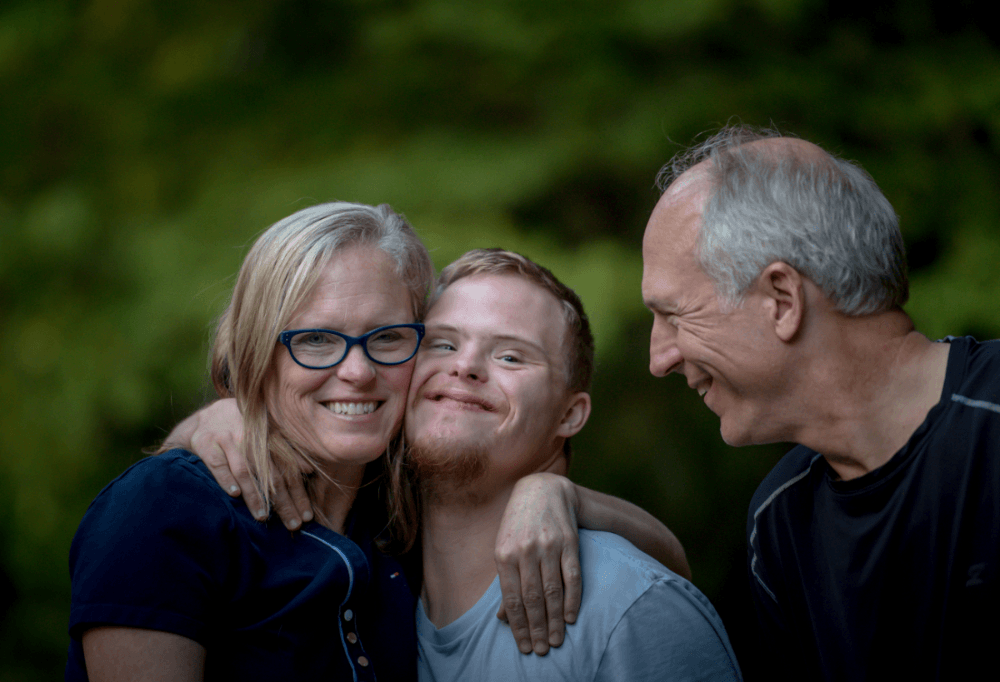
Mental capacity law exists to care for those who are unable to make decisions for themselves, but what information is used to make that judgment?
What Is a Mental Capacity Assessment?
A ‘mental capacity assessment’ is a test to determine whether an individual has the capacity to make decisions, whether day-to-day such as what to eat or wear, or larger and potentially life-changing decisions to do with health, housing or finances.
A mental capacity assessment may happen because a person’s behaviour or circumstances change, there are concerns about a person’s capacity, or they may have been diagnosed with a condition or injury that impairs their ability to think.
Individuals who have suffered a brain injury often have a mental capacity assessment to determine whether a relative or professional needs to make decisions in their best interest because they can no longer do so themselves.
In other cases, for example someone who has suspected dementia, the triggers for this test would be repeated unwise decisions or actions that appear to be irrational, out of character, and could cause serious harm.
Mental capacity test questions are also commonly asked of dementia sufferers to assess whether they can care for themselves or whether they need to enter a care facility, and of those born with a brain injury as they reach the age of 18.
How is a Mental Capacity Assessment Carried Out?
Under the Mental Capacity Act 2005 (MCA), there is a two-stage mental capacity test.
Firstly, there are questions about a person’s behaviour that look for an impairment of or a disturbance in the functioning of the mind or brain. This could be due to an illness or injury, or of external factors such as alcoholism or drug use.
This is known as the ‘diagnostic’ test and will include reviewing of evidence, such as medical records or police reports. It is important not to make a decision based on a person’s age or appearance.
The starting assumption should always be that the individual has capacity to make decisions for themselves, and there should be no coercion or undue influence by the questioner. However, if this diagnostic test finds there is a potential impairment, the second stage of the test will begin.
The second stage is a functional test of capacity and asks questions about how this impairment, if present, influences the ability to make specific decisions. This is not a yes-or-no answer, as people can have the capacity to make some decisions but not others, and their ability can change with time. It is therefore vital to consider a person’s capacity every time a decision is to be made.
The MCA defines a person as not being able to make a decision if they cannot understand, retain or weigh up the relevant information for making a decision and communicate the reasoning. The individual must be able to do all four of these things to pass the test.
Who Can Carry Out a Mental Capacity Assessment?
When it comes to questions of who can do a mental capacity assessment, technically, the answer is anyone.
However, for this to be appropriate, it should be carried out by someone who is involved in supporting the person being tested and will be responsible for making a decision if the person is unable to do so.
This is usually a relative, close family friend, or a mental capacity solicitor, but could include any of the following:
- carer
- social worker
- support workers
- occupational therapist
- GP
- nurse
- court-appointed deputy
If the test is relevant to a legal transaction, such as whether to sell a property, or is of a complex nature we would recommend that a mental capacity assessment is carried out by a suitable professional and a clear report provided.
Whoever carries out the test is under an obligation to abide by the principles found in Section 1 of the Mental Capacity Act 2005, and to undertake a balance of probabilities:
- A person must be assumed to have capacity unless it is established that they lack capacity.
- A person is not to be treated as unable to make a decision unless all practicable steps to help him to do so have been taken without success. Examples of this would be the use of communication aids, different methods of explanation and undertaking the assessment at the best time of day for that person.
- A person is not to be treated as unable to make a decision merely because he makes an unwise decision. If the person has capacity to make a decision they should be supported to do so despite how unwise others may find it.
- A decision made on behalf of a person who lacks capacity must be done in his best interests.
- Before the decision is made regard must be had to achieving the outcome in a way that is as least restrictive of the person’s rights and freedom as possible.

What Happens If the Test Finds Incapacity?
After a mental capacity assessment is carried out, a formal record should be made. This will ensure that there is clear evidence of the assessment process being followed. The Court of Protection will also expect to see that capacity has been properly assessed if they are required to consider an application.
If the decision is that the person is unable to make a decision and that this is likely to put them, or others, at the risk of harm, you may need to consider action under the Mental Health Act or Adult or Children’s Safeguarding Procedures.
If you believe this is not fluctuating capacity and that they will be unlikely to ever have the capacity again or at least for the foreseeable future, you may wish to consider appointing a deputy, which involves an application to the Court of Protection. If a person is found to simply need assistance with making decisions it may be more appropriate to prepare a Lasting Power of Attorney and register this with the Office of the Public Guardian. The person must be deemed to have capacity to make a Power of Attorney and understand the consequences of doing so for this option to be available.
How Can Enable Law Help?
If you would like advice in respect of carrying out a mental capacity assessment or would like guidance following an assessment, our mental capacity solicitors can help. Please contact our experienced team today.










